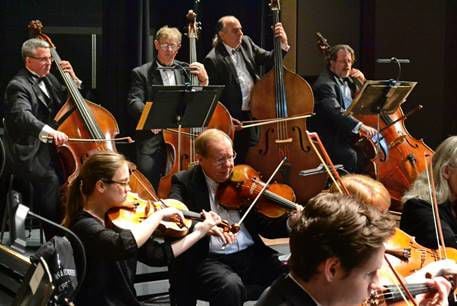

It is believed that by divine intervention Nambi found the presence of scripts, in the form of cadijam leaves half eaten by white ants in a chamber inside the second precinct in Thillai Nataraja Temple, Chidambaram.

He sought the help of Nambi Andar Nambi, who was a priest in a temple. Raja Raja Chola I (985-1013 CE) embarked on a mission to recover the hymns after hearing short excerpts of Tevaram in his court. Meenakshisundaram, the name of the festival indicates that Thiruppavai might have been recited as well. It is known that Thiruvempavai verses - poet pratu sivalai ("opening the portals of Shiva's home") - were recited at this ceremony, as well as the coronation ceremony of the Thai king. The name of the ceremony was derived from the names of Thiruvempavai and Thiruppavai (a Vaishnavite hymn by Andal). In Thailand, an annual Giant Swing ceremony known as Triyampavai-Tripavai was held in major cities until 1935, when it was abolished for safety reasons. "Tiruvempavai" - the early morning wake up songs sung for Lord Shiva on Tamil month Margazhi are part of Tiruvasakam.Tiruvempavai songs were composed in Annamalaiyar Temple. As a devotional literature, it finds alternatives between joy and sorrow. It is said that this made lord Shiva feel sorry for Vasagar and bless him. Manickavasagar often finds himself unworthy of lord Shiva being his saviour. The author finds both theistic and pantheistic ideas corresponding to medieval India, but identifies God with the universe.

There are 658 poems in the work and along with 400 poems in Tirukovayar by the same author make it the 8th volume of Tirumarai - the 12 volume Saiva canon. It is considered one of the profound works of Tamil literature and it discusses every phase of spiritual path from doubt and anguish to perfect understanding in Shiva, from earthly experience to teacher-disciple relationship and ultimately freedom from rebirth. Most of the portions in Thiruvasagam is first sung in Thillai Nataraja Temple at Chidambaram. The twelve volumes of Tamil Śaiva hymns of the sixty-three Nayanars Manikkavasagar is said to have converted the king to Shaivism and built the temple with money that had been intended for war-horses. Tirupperunturai ( Tamil: திருபெருந்துறை), also known as Avudayar Koil, is a Shiva temple where Thiruvasagam is believed to have been originated. He was an orthodox saivite and represents bhakti at its highest form in his age. His conversion is attributed to Sivagnana bodham, an saivite work by Meykandar. From the time, the saint poet wandered to various temples and devoted hymns on Siva. The minister spent his entire sum of money in building the temple at Thiruperunturai, considered an architectural marvel among Hindu temples. The king bestowed his minister to buy horses, but he was taken to divinity by the vision of Siva with his saints. Manickavasgar was the king's prime minister and renounced his post in search of divinity. He is believed to be in the 10th or 11th century, but Dr. His father was an adivsor to the Pandya king and he followed his father's footsteps in becoming the king's minister. He was born in an Pandithar saivite temple priest guild in Tiruvatavur near Madurai.

Though he is not counted as one of the 63 Saiva nayanars, he is counted as one of the Nalvars ("The Four") consisting of himself and the first three nayanars namely Appar, Sambandhar and Sundarar.
Thiruvasagam ilayaraja full#
Manikkavasagar's Thiruvasagam and Thirukovayar are compiled as the eighth Thirumurai and is full of visionary experience, divine love and urgent striving for truth.


 0 kommentar(er)
0 kommentar(er)
